Umbwe Route: The Umbwe route has a well-deserved reputation of being the most challenging route on Mount Kilimanjaro. Due to the fast ascent to high altitude, this route does not provide the necessary stages for acclimatization. Although the number of people on this trail is very low, the chances of success are also low. Umbwe is considered to be very difficult, taxing route – one that should only be attempted by strong hikers who are confident in their ability to acclimatize quickly to altitude.
Approaching from the south, the Umbwe route is a short, steep and direct climb. After reaching Barranco Camp, the trail turns east and traverses underneath Kilimanjaro’s Southern Ice Field on a path known as the Southern Circuit before summiting from Barafu. Descent is made via the Mweka route.
PROGRAM:
Upon arrival at Kilimanjaro International Airport. you will be met and transferred for overnight accommodation at Salinero B&B. Your head guide will meet you for your briefing, gear check and arrange for you to hire any equipment you may need.
Important note:
Your safety is of paramount importance to us at the Alpine Club of Himalaya. We have the absolute authority to cancel the trip or change the itinerary, when deemed necessary or when we have reason to believe your safety is at stake. Weather conditions, the health condition of a group member, natural disasters, and such, can contribute to changes in the itinerary when traveling in remote mountainous regions. In these extreme situations, we kindly request that you offer your full co-operation to the trusted leader of the group appointed by the Alpine Club of Himalaya. However, we assure you that we will make every effort to keep to the above itinerary.
The climb cost includes:
-Transfers:
- Pick-up and drop-off at Kilimanjaro International Airport;
- Transfer to the trailhead – entry gate to Kilimanjaro National Park;
- Pick-up at the exit from Kilimanjaro National Park and transfer to the hotel;
-Entry fees:
- All park fees collected by the Kilimanjaro National Park ( conservation fees, camping fees, crew fees, vehicle fee, rescue fee and all other fees collected by the Tanzania National Parks Authority).
-Accommodation:
- One night at Salinero hotel before the expedition and one night after; The hotels have everything for your comfortable stay – caring staff, nice rooms, reliable Wi-Fi, restaurant );
- Tented accommodation on Mount Kilimanjaro (modern, comfortable 4-Season tents North Face VE-25 or Almighty Kilimanjaro Tents).
-Meals:
- Breakfast in the hotel before and after the hike;
- All meals on the hike. Our Kilimanjaro diet includes energy-rich and highly nutritious meals prepared by our professional high-altitude cooks.A typical diet on Kilimanjaro includes different soups, garnishes, several types of fish and meat, fresh fruit and vegetables; vegetarian/gluten-free/halal options are available at no extra cost;
- All drinks on the hike (coffee, tea, hot chocolate and water).
-Hiking and safety equipment
- 4-inch (10-cm) thick and comfortable sleeping mats;
- All group equipment (spacious and comfortable dining tent, camping table and chairs, crockery and cutlery);
- Oxygen cylinders and oximeters;
- GPS-tracking service;
- Complete medical kits.
-Climbing crew:
- Professional guides, licensed by Kilimanjaro National Park. All our guides are the holder of Wilderness First Responder or Wilderness First Aid certifications. All our guides have 10+years of successful mountaineering experience;
- Dedicated support crew (assistant guides, camp master, porters, cooks, etc.).
The climb Cost excludes:
-Airline tickets;
-Visa fee;
-Personal gear rentals;
Tips for the mountain crew .
-Mountaineering insurance








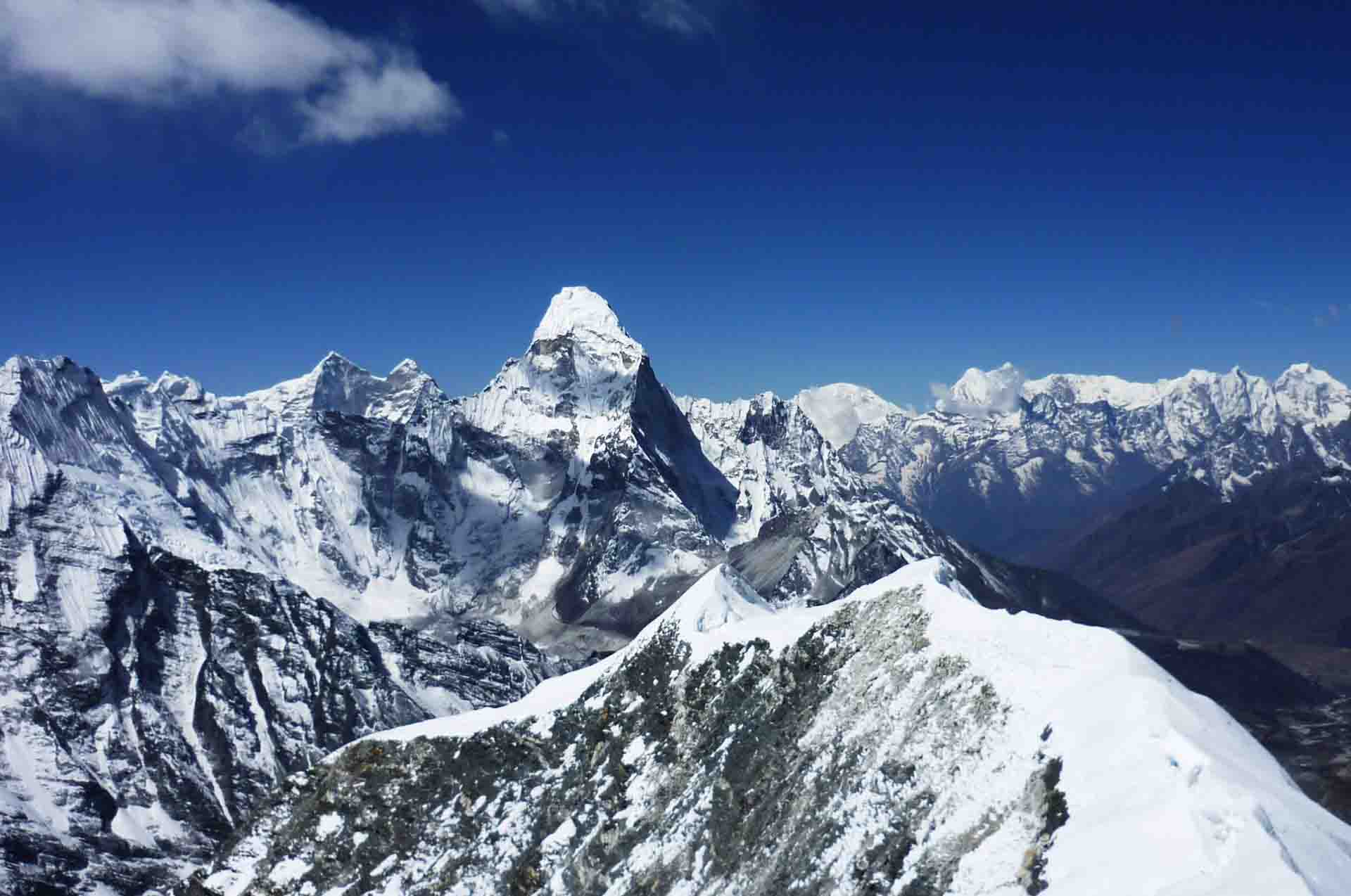
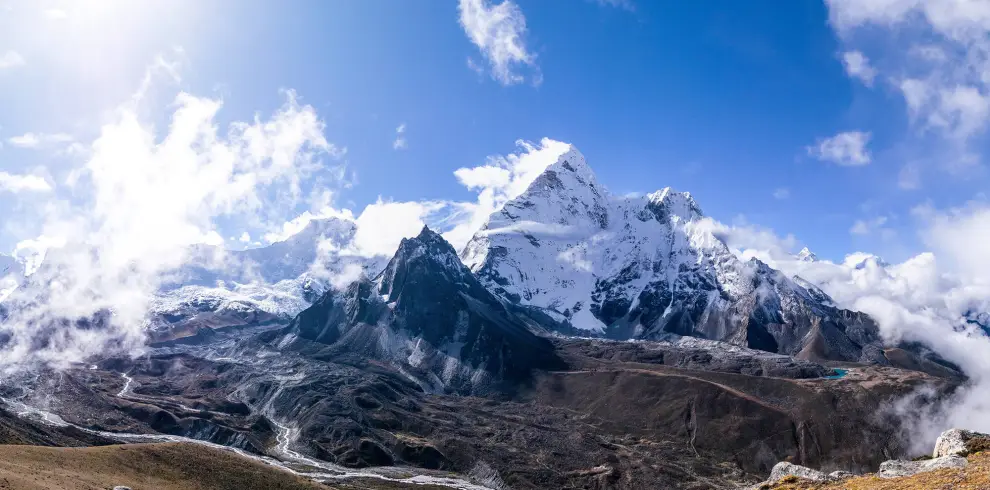
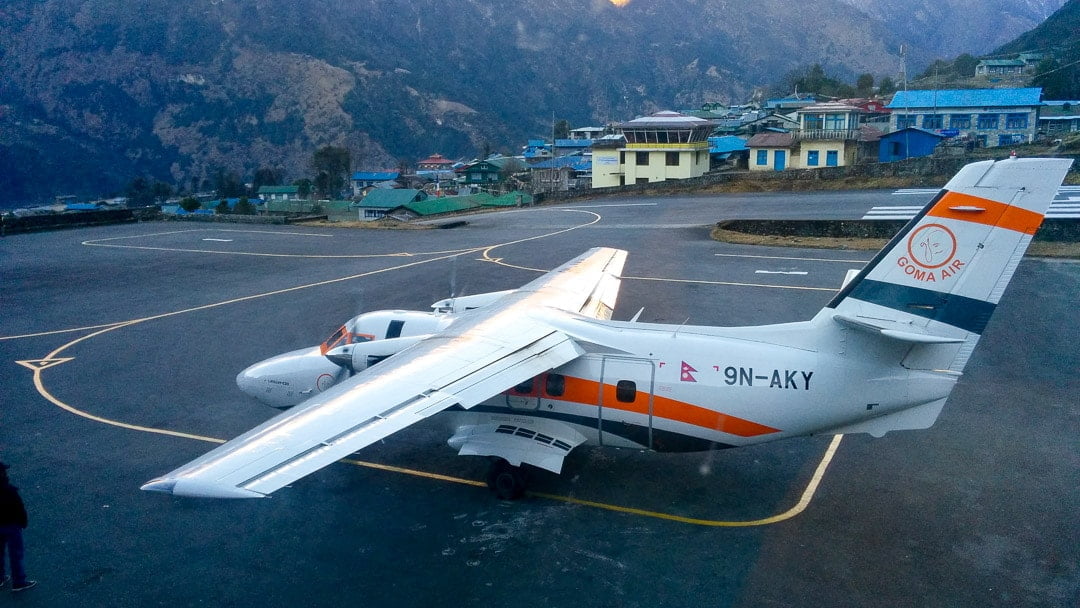
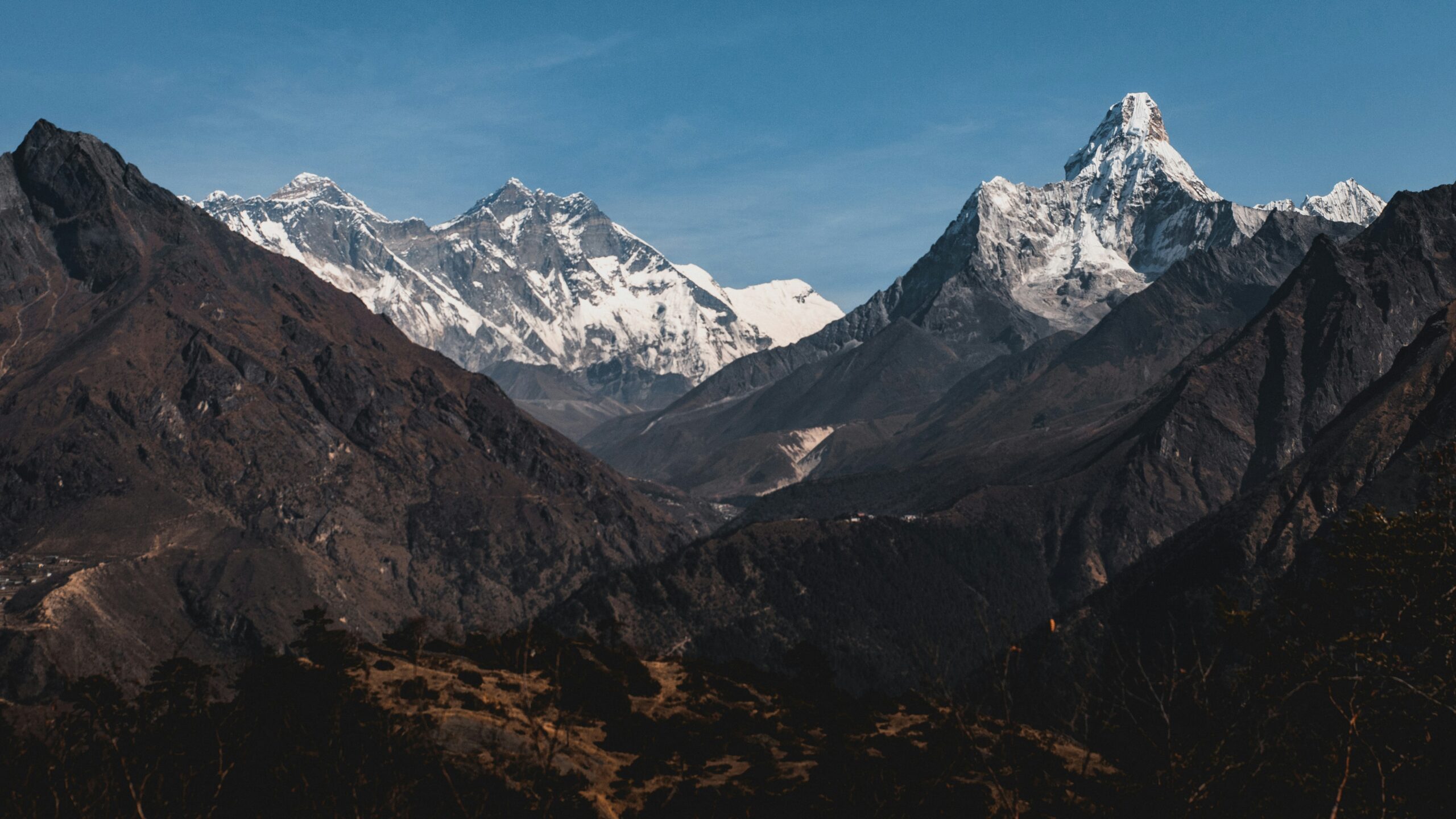
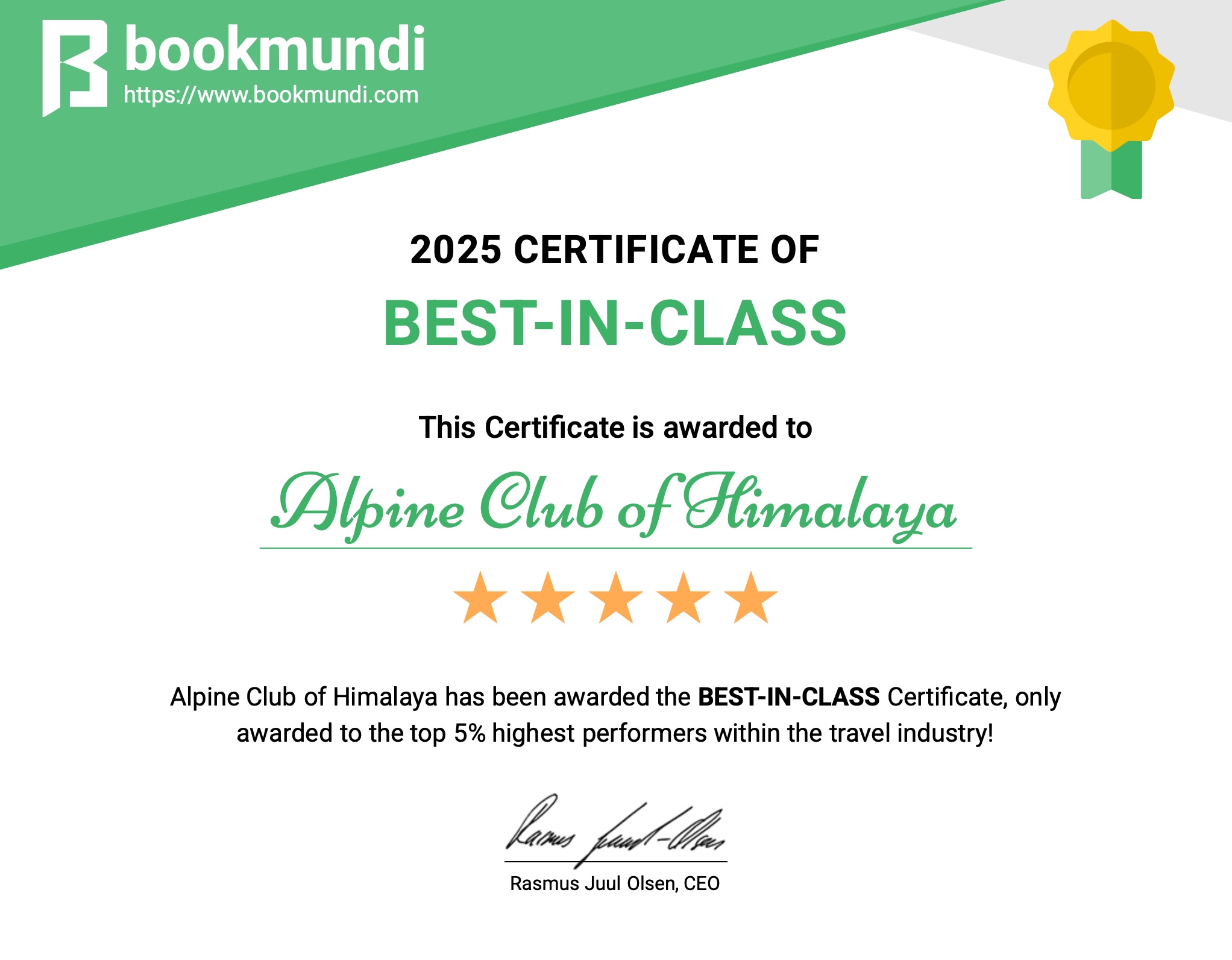
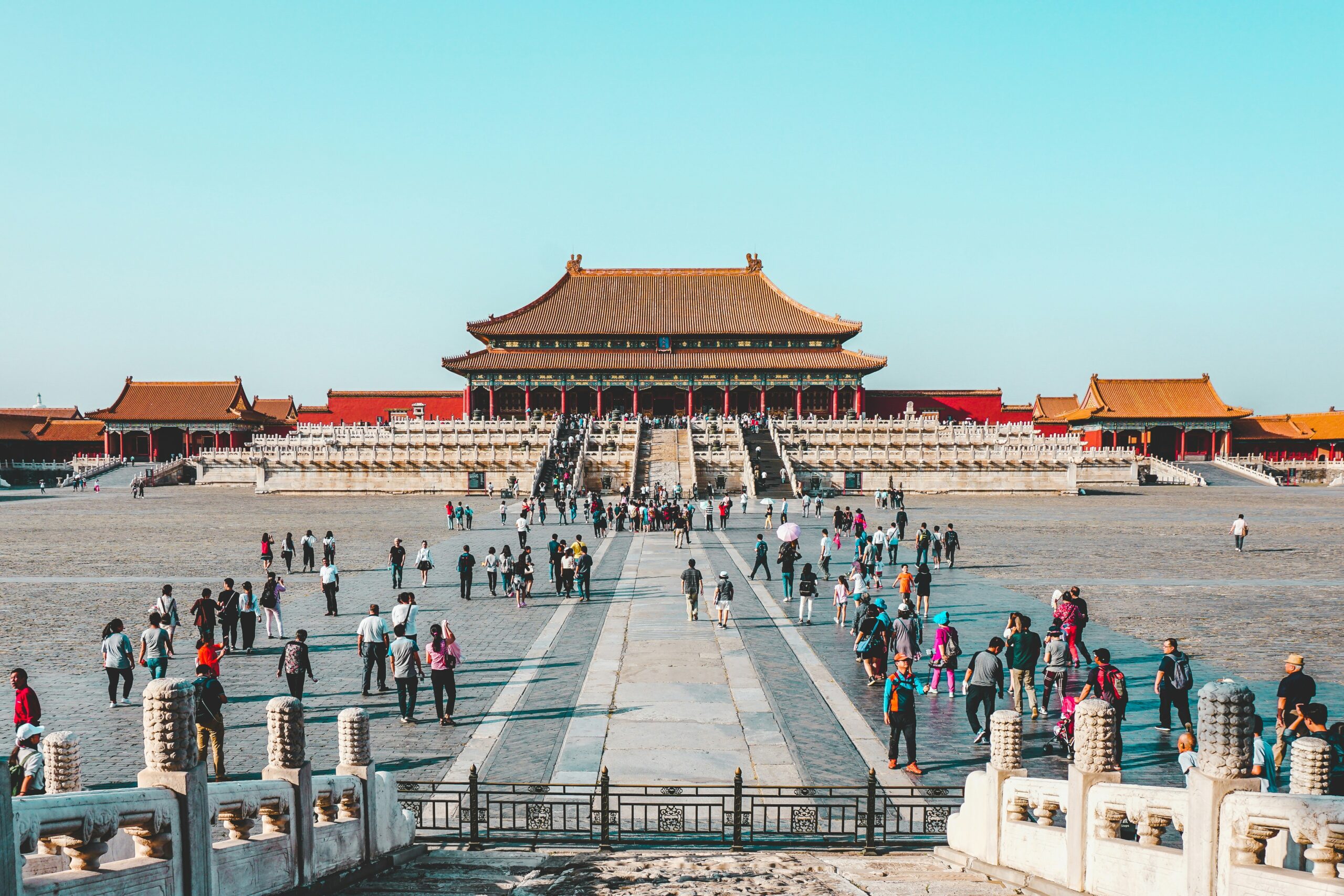
Write a Review